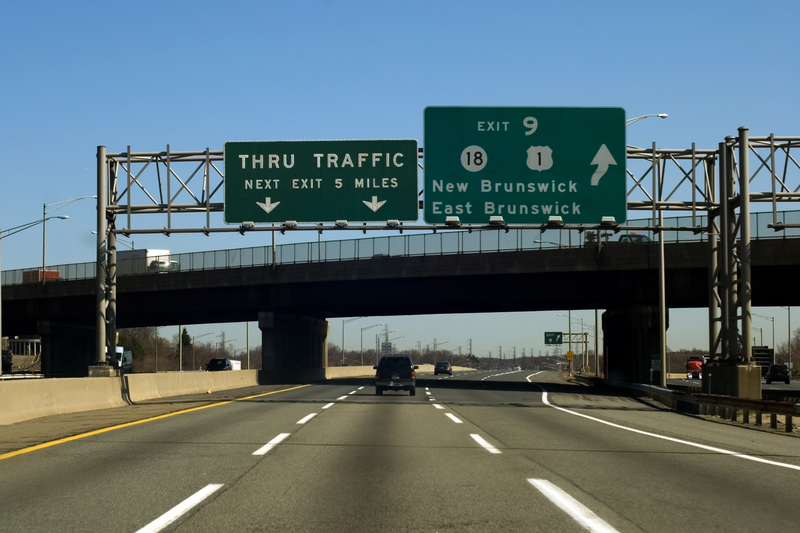Marketing the New Jersey Turnpike
The New Jersey Turnpike Authority is trying to brand it’s logos for sale on items to be sold at all turnpike and parkway rest areas. Hey, why not. It is a harmless marketing of an icon.
However, can they do right by this. Specifically, will they sell items that are sustainably made from recycled materials? Will the items be made from materials sourced in the U.S?
Or, will the Turnpike Authority buy cheap materials made in China by people who are overworked and underpaid and where experience has shown that there is poor quality control?
We have an arm of the State that has an opportunity to do good while it does well. I hope that they do so.

Read the full article:
Turnpike travel mugs and Parkway change purses? It could happen.

Lets only hope the Turnpike does the rite thing.
If the goal is to maximize profits, the njtpk merchandise will be sourced from the best cost supplier.
If the goal is to meet some nebulous politically correct standard of environmental stewardship, then the njtpk will have to figure something out.
But what should the business decision be? The njtpk is a state authority with a separate set of books that charges tolls to offset maintenance, operating and capital replacement costs – essentially making users pay for services that many might argue are a stealth tax for services that should be part of the federal and state highway system.
So as an operator of a monopoly highway that just happens to be a state authority, why should the njtpk ever do anything that does not seek to minimize operating costs for the benefit of toll payers?
Maximizing profits in the merchandise equates to minimizing operating expenses for toll payers.
The short answer is that low cost is a nebulous term….true cost is the measure that I was looking at. When we use materials that appear cheap, we waste natural resources, we generate less air and water pollution and reduce energy consumption….Artificially low cost, what you are basically referring to, is not sustainable either economically or environmentally. Oddly enough, using environmentally sound materials can often be less expensive. Two towns have recently switched to purchasing recycled paper and the cost was lower…so it really is a matter of imagination and long term thinking.